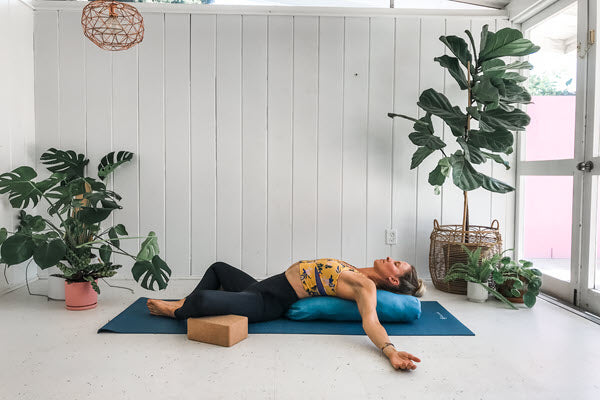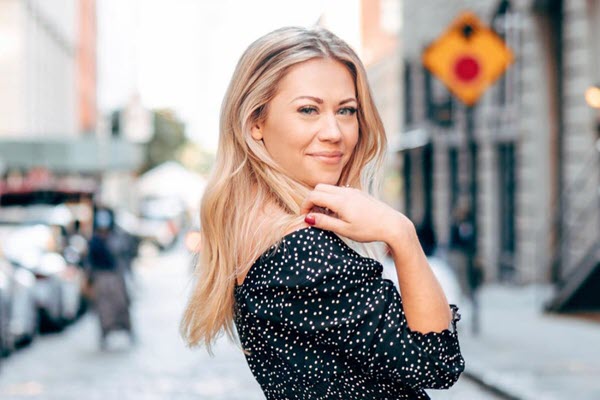How to Overcome the Feeling of Abandonment

by: E.C. LaMeaux
Being abandoned can be one of the most difficult situations any of us will ever have to face. Abandonment issues can trigger depression, mistrust, and irrational amounts of fear. These issues affect daily life, careers, friendships and romantic relationships. But if you've been abandoned, you're not alone — even though you might feel that way.
Step 1: Acknowledge the depth of your hurt
If you are to overcome abandonment, you must first be realistic and identify why it affects you to the extent that it does. Abandonment is a complex issue. Similar to dealing with the death of a loved one, abandonment involves a deep sense of loss.
But unlike grieving over a departed friend or relative, there is little or no closure with abandonment. In some cases, there are no goodbyes and no last words; just loss. The finality of death is certain, but abandonment issues deal with the uncertainty of whether the loved one will ever return, why they left in the first place, and whether or not the one abandoned will ever be able to trust the one who abandoned them again. And like being rejected, being abandoned may usher in an extreme loss of self-worth. Knowing why you hurt so badly is the first step in overcoming abandonment.
Step 2: Identify your symptoms
If you have been hurt deeply by abandonment, you will usually deal with your pain in one of two ways: You might become overly needy and require constant attention and reassurance, or you might go to the opposite extreme and resolve to never allow yourself to become deeply invested in anyone ever again.
If you're part of the former category, you deal with abandonment by attempting to fill the empty space in your heart with anyone who is willing to give you attention. You will often come on too strong too early in a relationship, thus scaring off your potential mate or friend and reinforcing the idea that you aren't worth loving.
If you're part of the latter category, you keep friends, relative, and romantic interests at an arm's length, and will not become deeply emotionally involved, so that if and when abandonment occurs again, the hurt is not as deep.
You must be honest enough with yourself to figure out which of these categories you fall into.
Step 3: Take action
The best and most practical way to deal with abandonment is to surround yourself with close friends and relatives whom you trust. On your own or with the help of a professional counselor, you should gradually take steps to become close to those people and rely on them for increasingly important things.
Life coach and licensed psychologist Nando Pelusi, PhD, says it's important not to raise hopes too high — people with abandonment issues want to feel absolute certainty that their relationships will always remain strong and steady, but in reality, nobody ever has that certainty.
However, with time, and perhaps counseling, those who are dealing with abandonment can begin to trust again. It's also important to watch for telltale signs and clues that might let you know who can be trusted and who can't. If someone continuously drops the ball with the little things, they're probably going to fail at the important things, too. So an element of discernment is required before you can plunge confidently into serious relationships.
Also in Blog

Body Peace & Personal Empowerment

Yoga for Swimmers: Poses for Strength and Mobility

